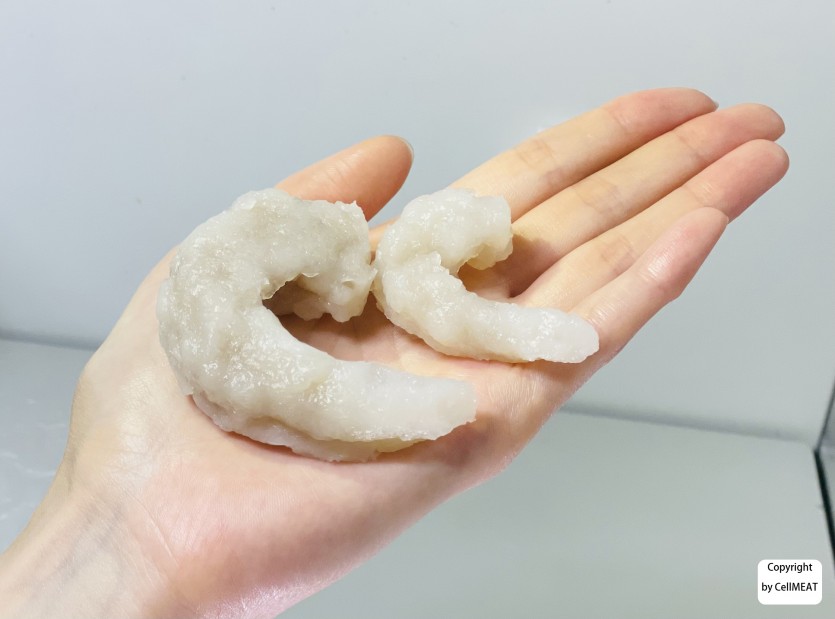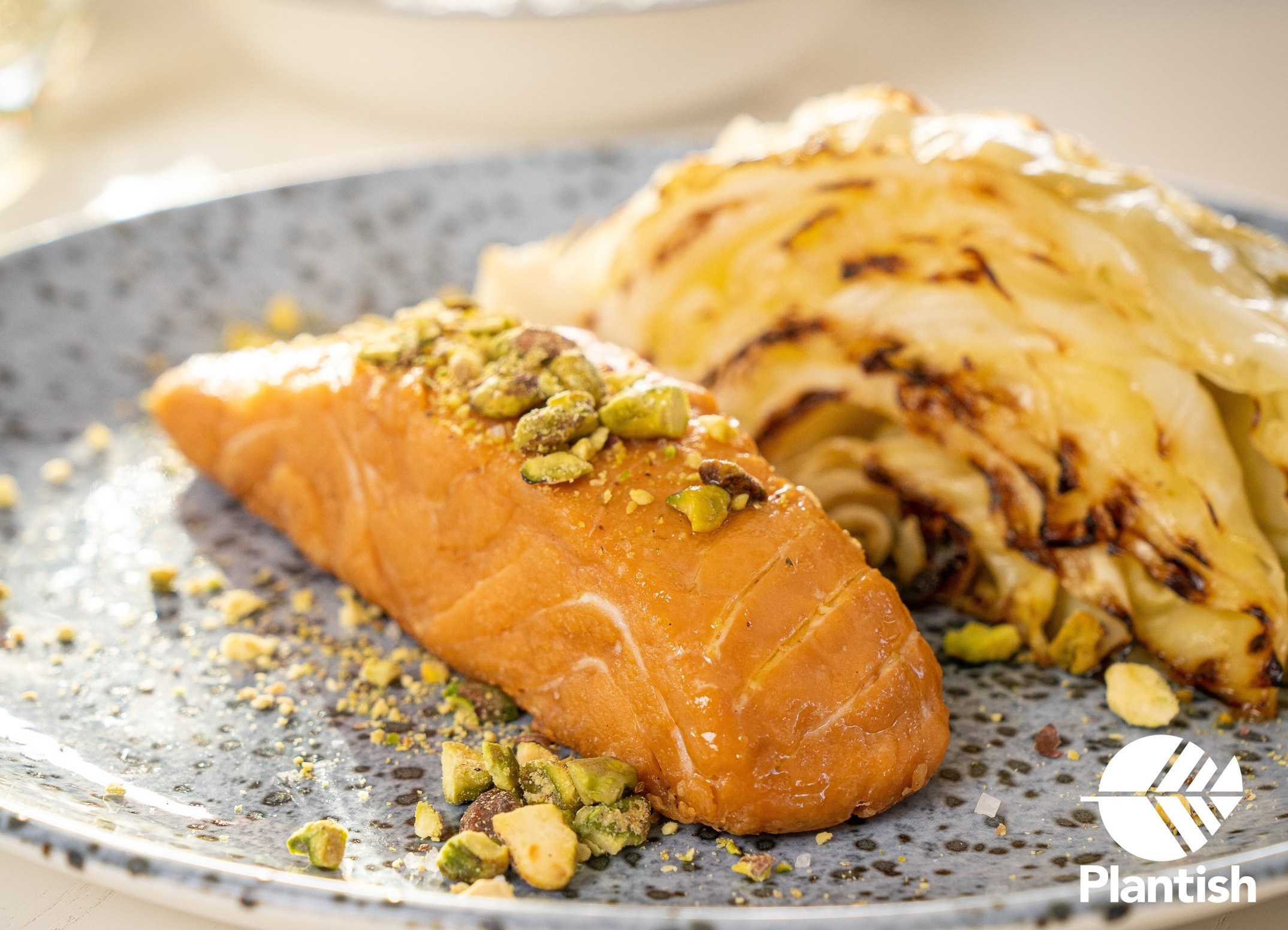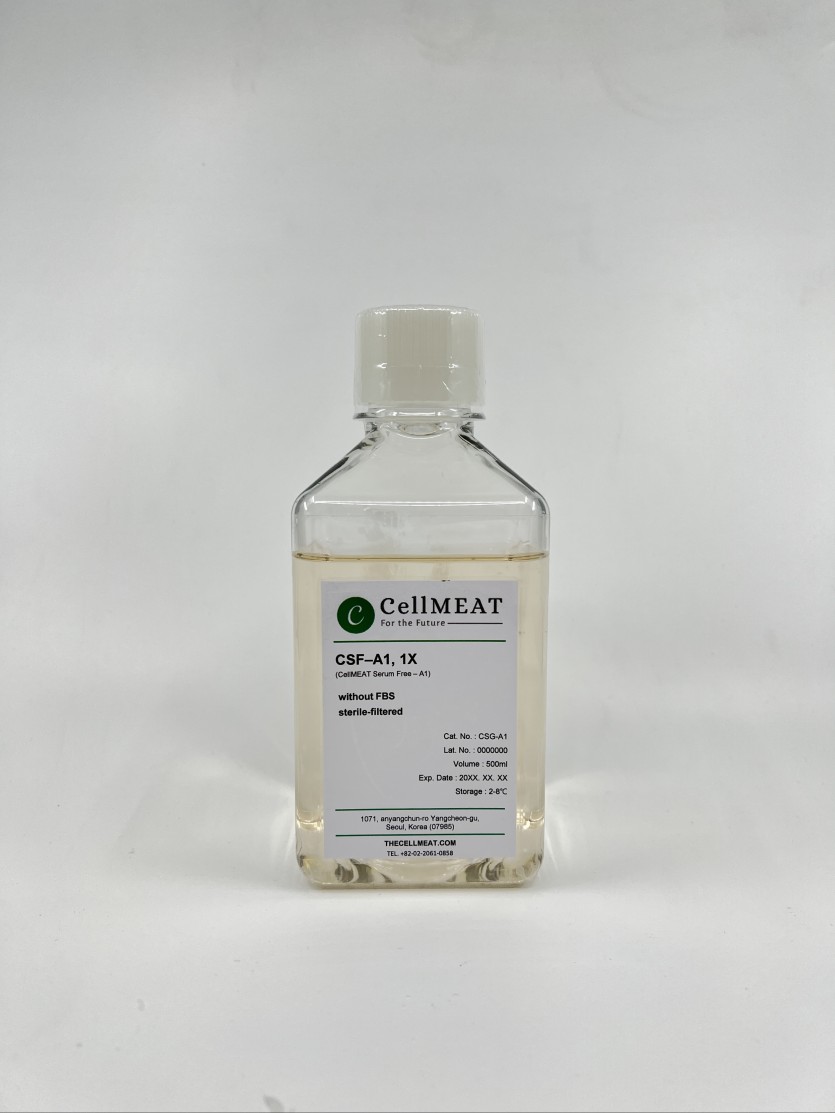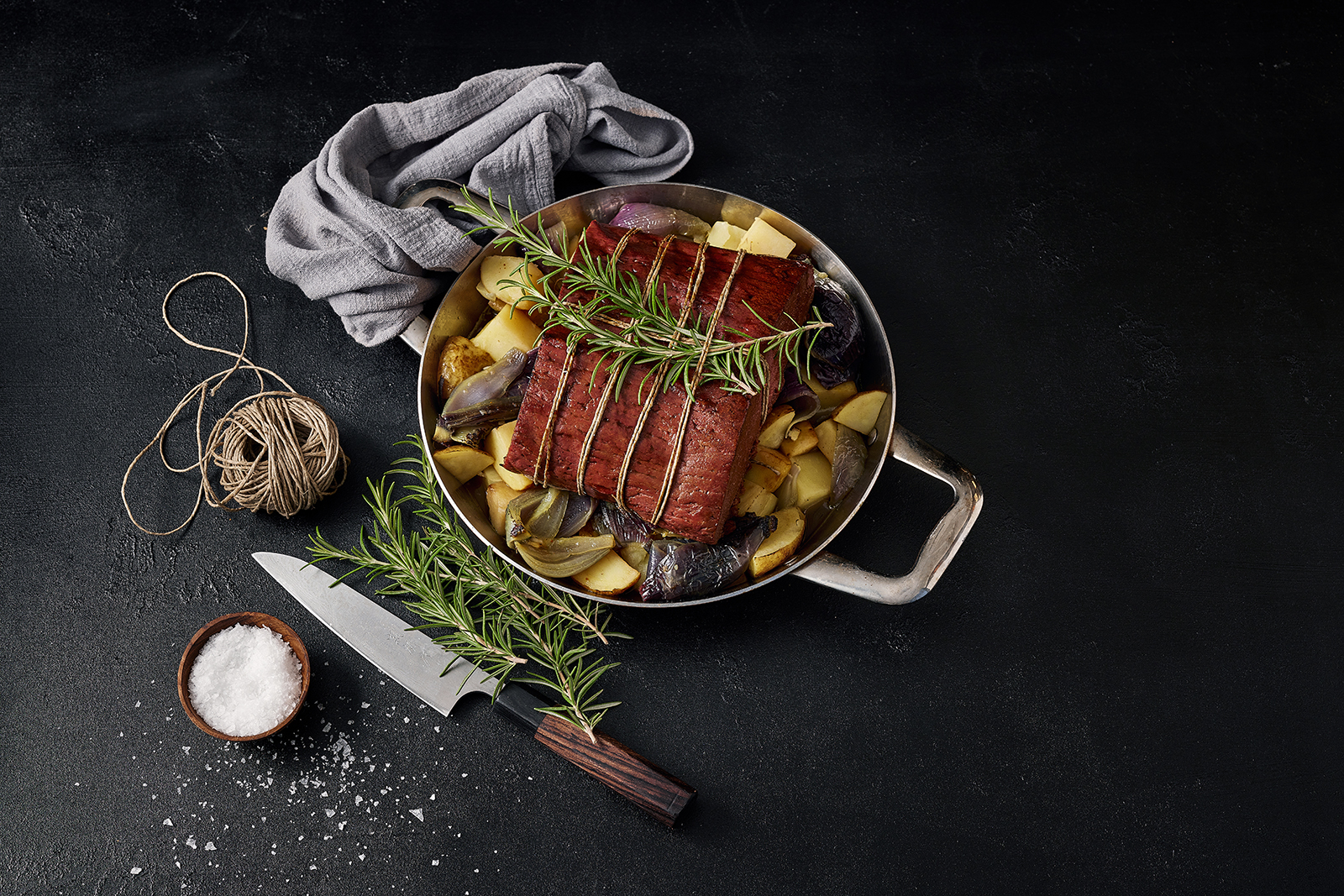Cell-based shrimp manufacturer CellMEAT has announced plans to bring its flagship Dokdo cultured shrimp product to the US, Korea, and Singapore markets by 2024.
Off the back of an $8.1 million Series A funding round, the firm will establish a production facility in Seoul that is reportedly capable of producing 100kg of cultured shrimp per day.
The company’s COO, Heejung Kim, told FoodIngredientsFirst that the firm intends to embark upon a Series B funding round once the center has been launched, where it hopes to raise between $30-40 million to significantly scale its current production capacity.

3D printing seafood
Recent years have seen a substantial rise in demand for alternative meat options for a variety of reasons, ranging from opposition to animal slaughter to environmental concerns. As such, the development of novel technologies like food culturing, tissue engineering, and food 3D printing has substantially increased in order to produce alt-meat products in a more cost-effective and sustainable manner.
The alt-seafood market, however, has been slower to receive the same R&D and commercialization efforts, and mainly consists of minced fish options like fish fingers due to the challenges of whole cut production. Saying this, there are some players who are actively deploying 3D printing to create and commercialize better alt-fish products.
For instance, Vienna-based start-up Revo Foods, previously known as Legendary Vish, has been developing its own 3D printed plant-based salmon for several years. Last year, the firm debuted its product at a “world first” public tasting event and laid out its intention to create an automated 3D printing production line for its alt-seafood range.
More recently, Israeli 3D printing food start-up Plantish raised over $12 million in seed funding which it will use to bring its alt-seafood products to fine dining restaurants by 2024. The firm’s Plantish Salmon is fabricated using the firm’s patent-pending 3D printing technology before being ‘cooked’ in the same way conventional salmon is prepared.

CellMEAT’s cultured shrimp
Dokdo shrimp is a regional premium delicacy in South Korea that is larger in size than regular varieties, reaching lengths of up to 25cm. Only found in the Arctic Ocean and Seas of Japan, Dokdo shrimp is typically priced at around $160 per kilogram.
Leveraging its serum-free culture medium and proprietary tissue engineering technologies, CellMEAT claims it will be able to market its cultured shrimp at a considerably cheaper price of less than $5 per kilogram.
The company plans to produce three different sizes of Dokdo shrimp and is currently able to produce 10kg per day in its prototype labs. Once its new facility is launched, the firm expects to ramp up its production capacity to 100kg per day.
To achieve this, CellMEAT will launch another funding round with which it hopes to raise up to $40 million. The funds will be used to create another large-scale production facility that will help it to commercialize its tissue engineering and culture technologies.
Off the back of this, CellMEAT plans to distribute its cultured Dokdo shrimp products throughout Korea, Singapore, and the US at a much cheaper price point than is currently possible.
The firm is currently contributing to the Ministry of Agriculture of South Korea’s high-value-added future food technology initiative and is receiving funds from the Korea Institute of Planning and Evaluation for Technology in Food, Agriculture and Forestry for the continued research and development of its technology.

Commercializing food 3D printing
While the 3D printed seafood market remains a way off from commercialization for now, several alt-meat 3D printing companies have already launched their products in markets around the world.
Aiming to become the “world’s largest alt-meat company” by 2030, Redefine Meat has already commercialized its food 3D printing technology in multiple markets. The firm launched its first series of ‘New-Meat’ products to selected restaurants and hotels in Israel in July 2021, and by the end of the year had rolled out the range to high-end restaurants throughout Europe.
Elsewhere, fellow food 3D printing start-up SavorEat has partnered with global hospitality firm Sodexo to pilot its robot chef food 3D printer at select universities in the US, bringing it a step closer to commercializing the system and its first alt-meat product.

Subscribe to the 3D Printing Industry newsletter for the latest news in additive manufacturing. You can also stay connected by following us on Twitter and liking us on Facebook.
Looking for a career in additive manufacturing? Visit 3D Printing Jobs for a selection of roles in the industry.
Subscribe to our YouTube channel for the latest 3D printing video shorts, reviews, and webinar replays.
Featured image shows CellMEAT’s cultured Dokdo Shrimp. Photo via CellMEAT.


